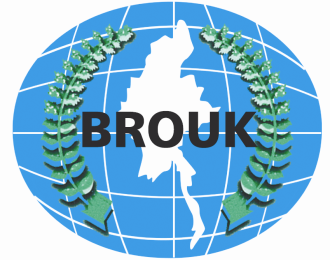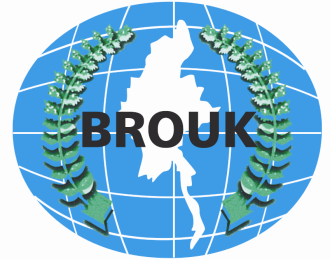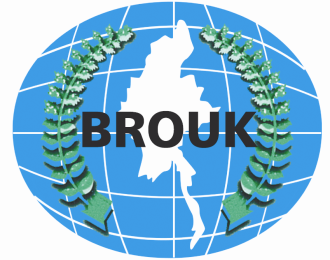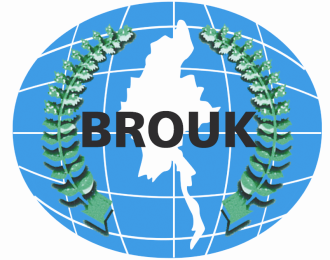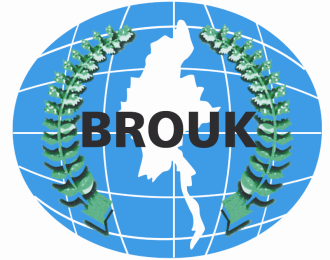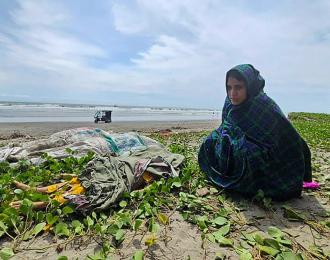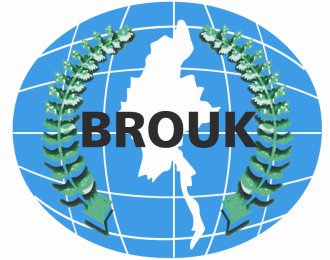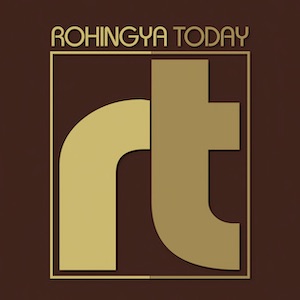
Media Release from Burmese Rohingya Organisation UK
For immediate release: 11thAugust 2020
Facebook must release all evidence related to the Rohingya genocide
Facebook must immediately cooperate fully and transparently with all international efforts to secure justice for the ongoing genocide against the Rohingya in Myanmar, the Burmese Rohingya Organisation UK (BROUK) said today.
Today, the head of the Independent Investigative Mechanism on Myanmar (IIMM) told the media that Facebook had yet to share material “highly relevant and probative of serious international crimes” despite year-long talks.
Earlier this week, the social media platform rejected a request for data by the Gambia related to the genocide case against Myanmar at the International Court of Justice.
“For years, Facebook has been used as a platform to spread hatred and abuse that has fuelled the genocide against the Rohingya. Instead of hiding behind legal acrobatics, Facebook must do everything it can to help those who are fighting for justice,” said Tun Khin, President of BROUK.
“This is a crucial time when momentum around international justice for crimes against the Rohingya is finally building. The evidence Facebook sits on could be crucial to support the many ongoing cases against Myanmar’s military.”
Facebook is the most dominant internet platform in Myanmar, with more than 20 million users (close to 40% of the whole population). Human rights groups and other experts have documented how Facebook was used to spread hate speech against the Rohingya, including by military officials themselves, ahead of the brutal campaigns by the Tatmadaw in Rakhine State in 2016 and 2017.
In an interview with Reuters today, however, Nicholas Koumjian, the Head of the IIMM, said Facebook had not released evidence to the Mechanism yet. The Mechanism was established by the UN Human Rights Council in 2018 to collect evidence of crimes against the Rohingya by Myanmar authorities to support future prosecutions.
Earlier this week, on 6 August, Facebook furthermore urged a US court to reject a request from the Gambia to share information, including posts and communication by military officials. Facebook argued that the request was overly broad. In November 2019, the Gambia brought a case against Myanmar at the Internaitonal Court of Justice for violating the Genocide Convention.
In 2018, a report commissioned by Facebook detailed how the company had failed to do enough to prevent the platform from being used to spread hatred and incite violence against the Rohingya. The UN Independent International Fact-Finding Mission on Myanmar has also documented how the platform was used to fuel violence against people in Rakhine State.
Since then, Facebook has taken steps to cancel abusive accounts and to step up both automatic and manual monitoring of content in Myanmar language.
“It is positive that Facebook has owned up to its mistakes in Myanmar and is working to do better. But closing a few accounts is is not enough - if Facebook has evidence of the genocide against the Rohingya, it must make it available immediately,” said Tun Khin.
“At a time when we are facing an existential threat as a people, Facebook must do everything in its power to support international justice efforts and share any relevant information it has.”
For more information, please contact Tun Khin +44 7888714866.


